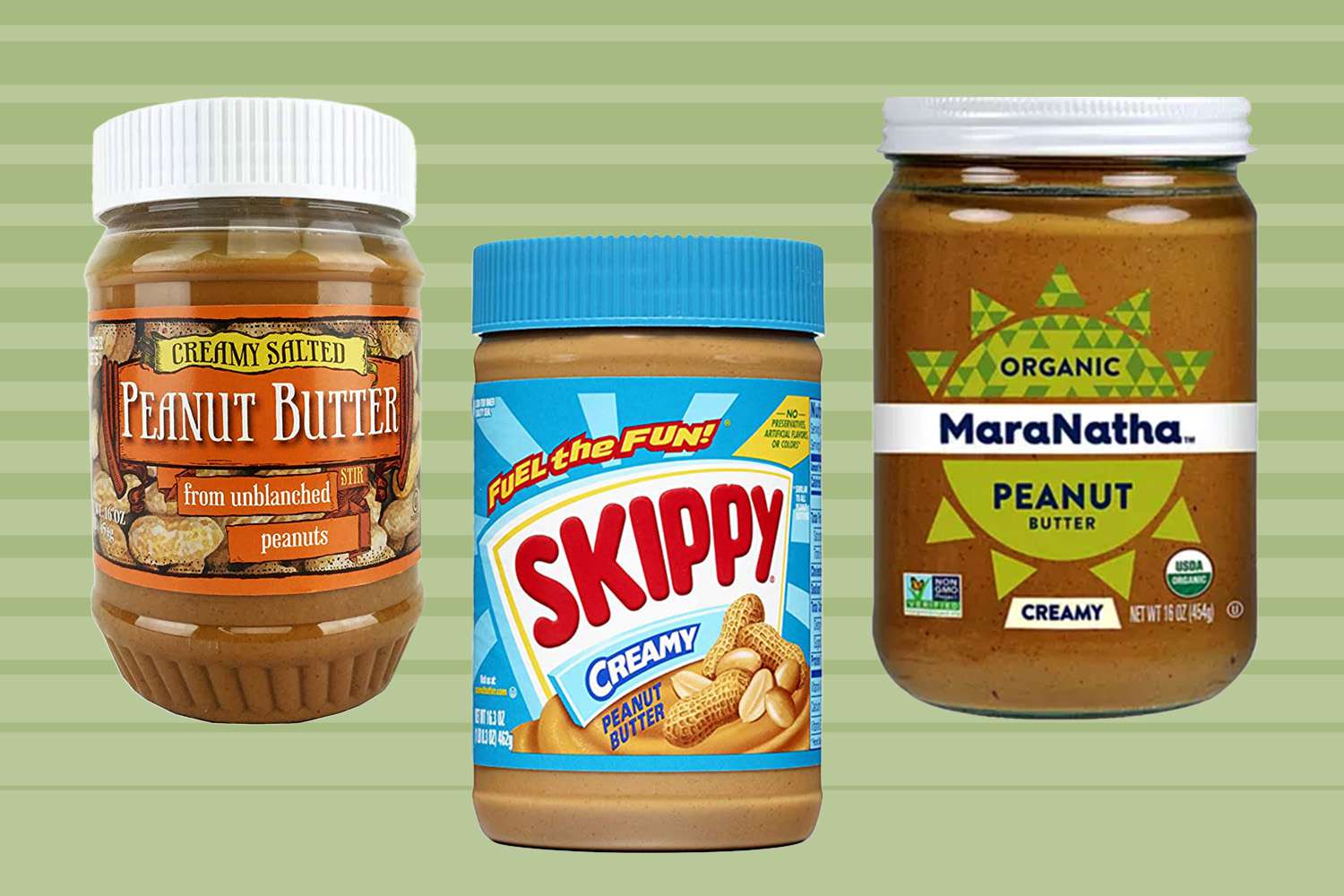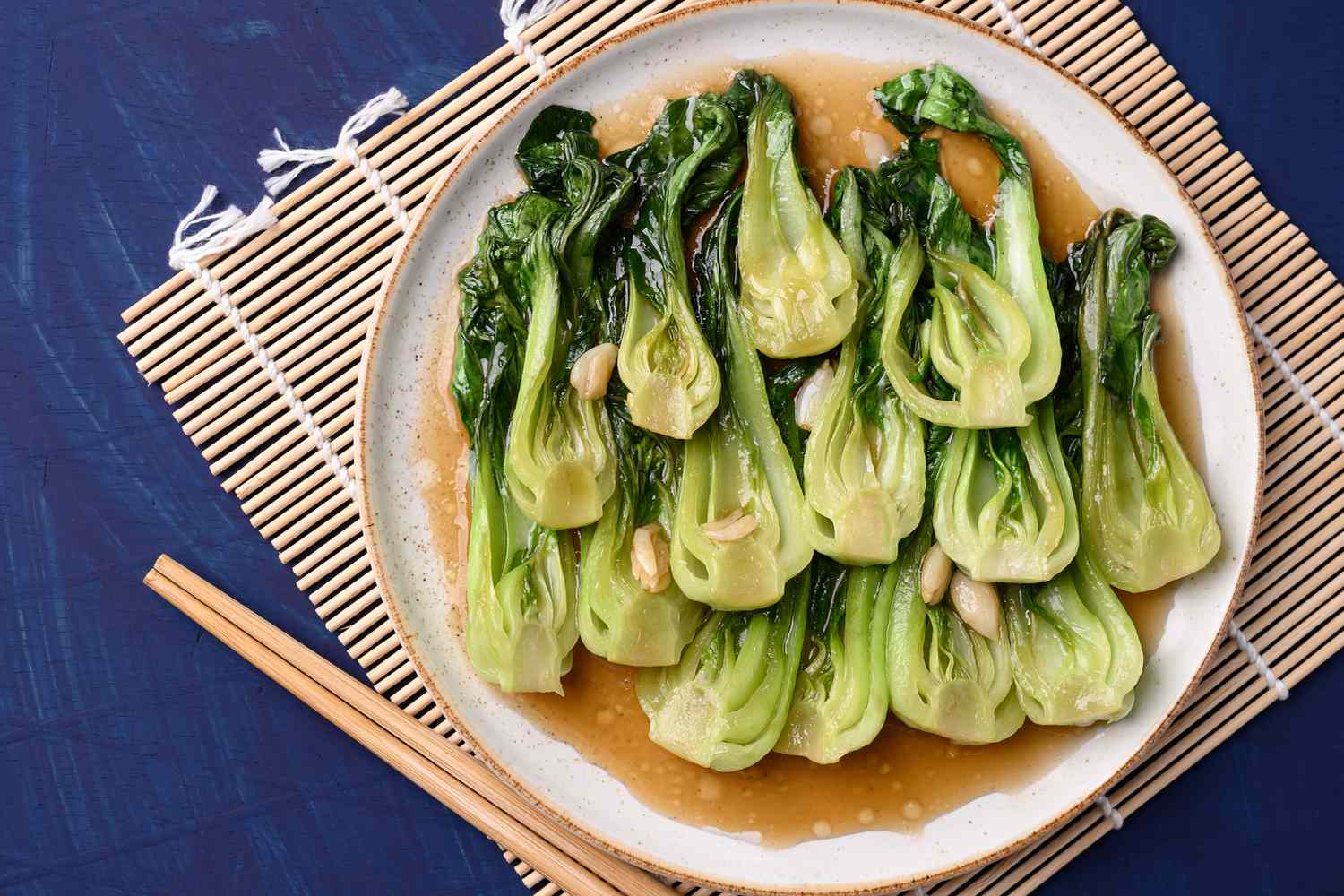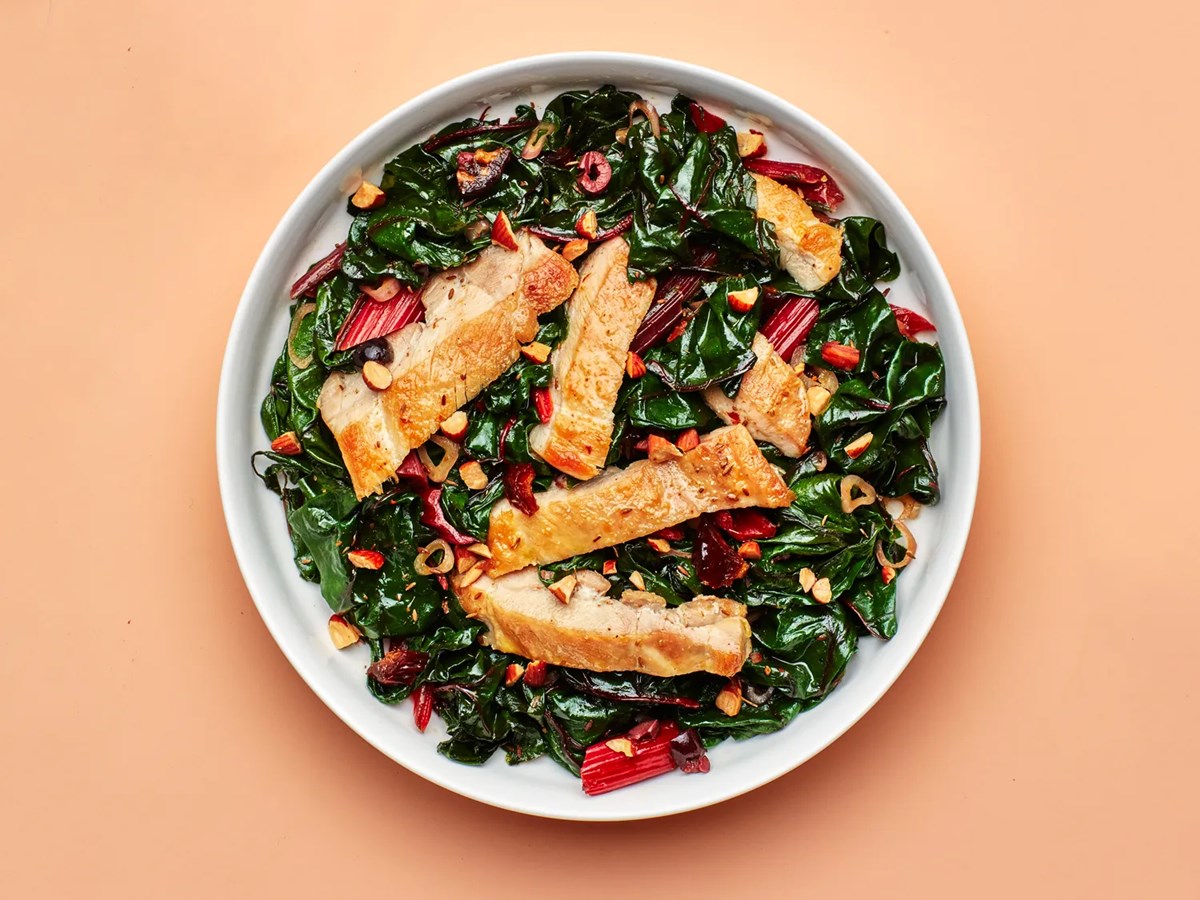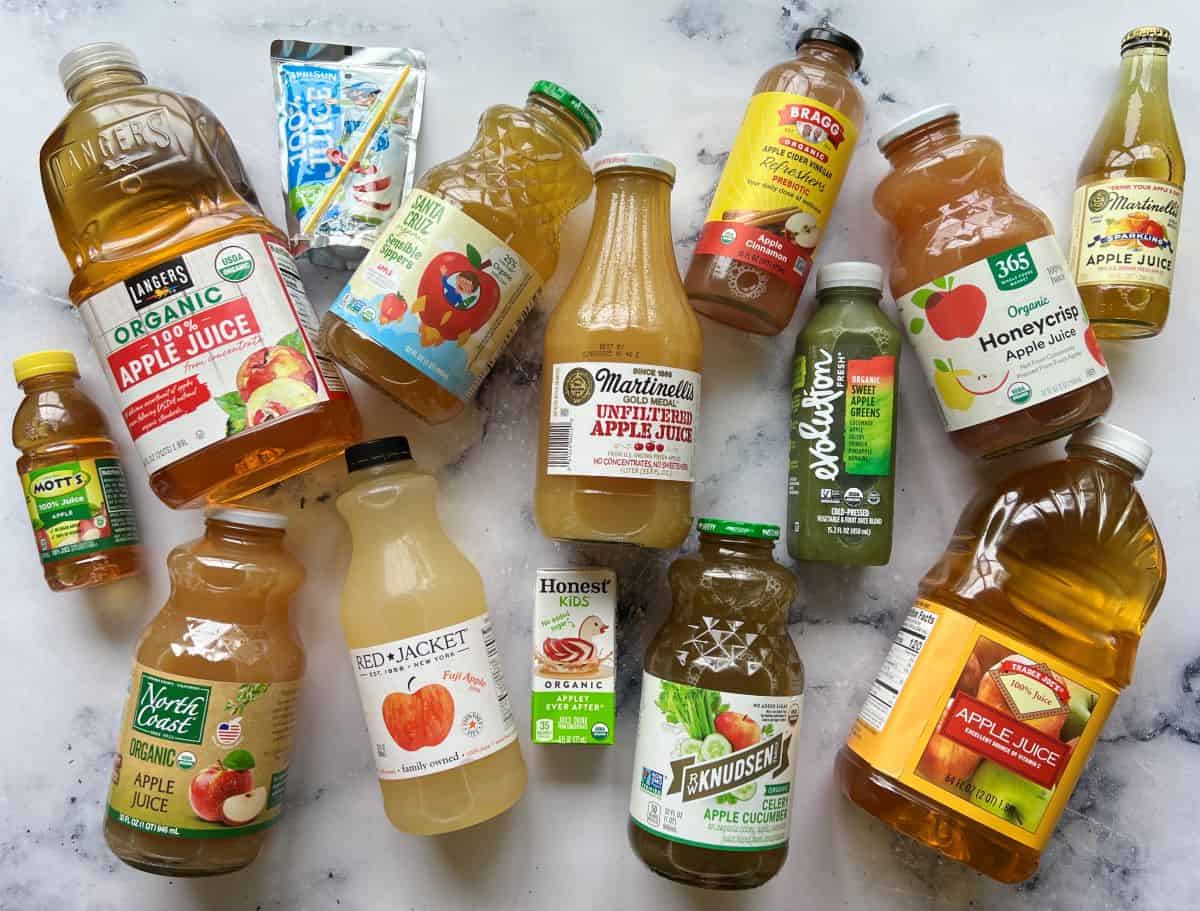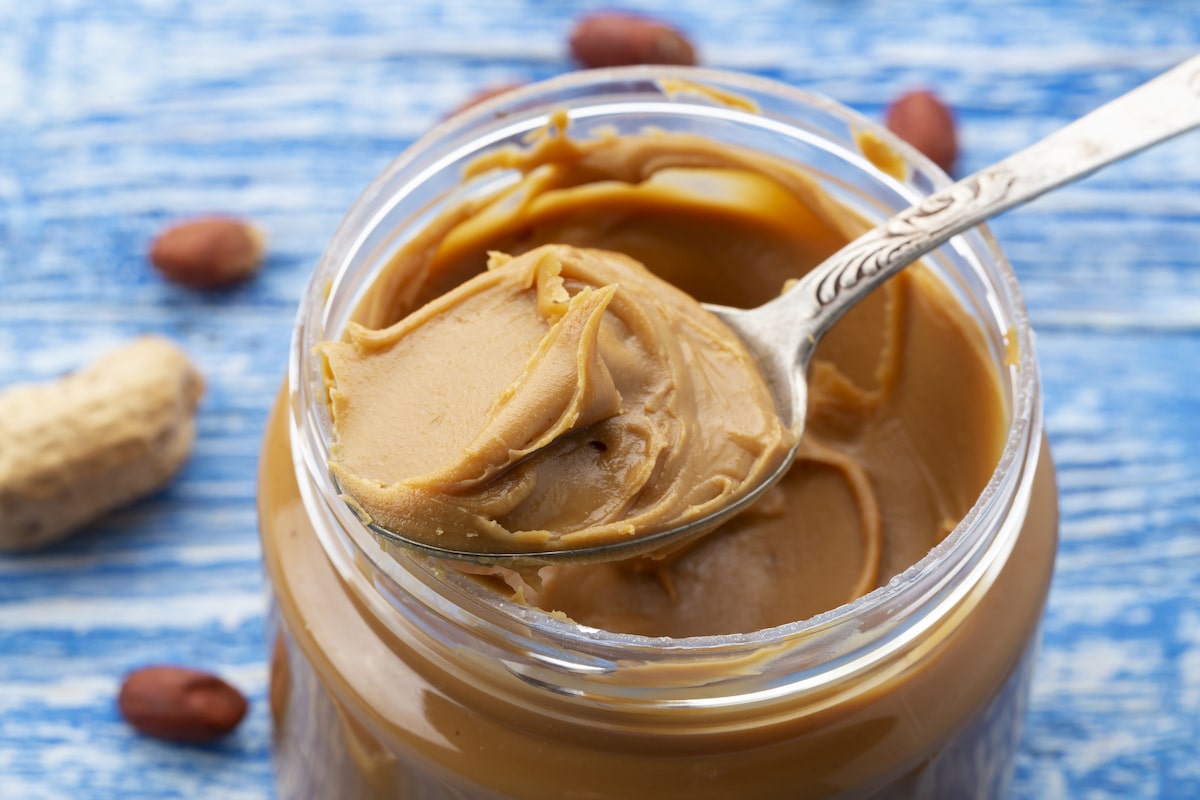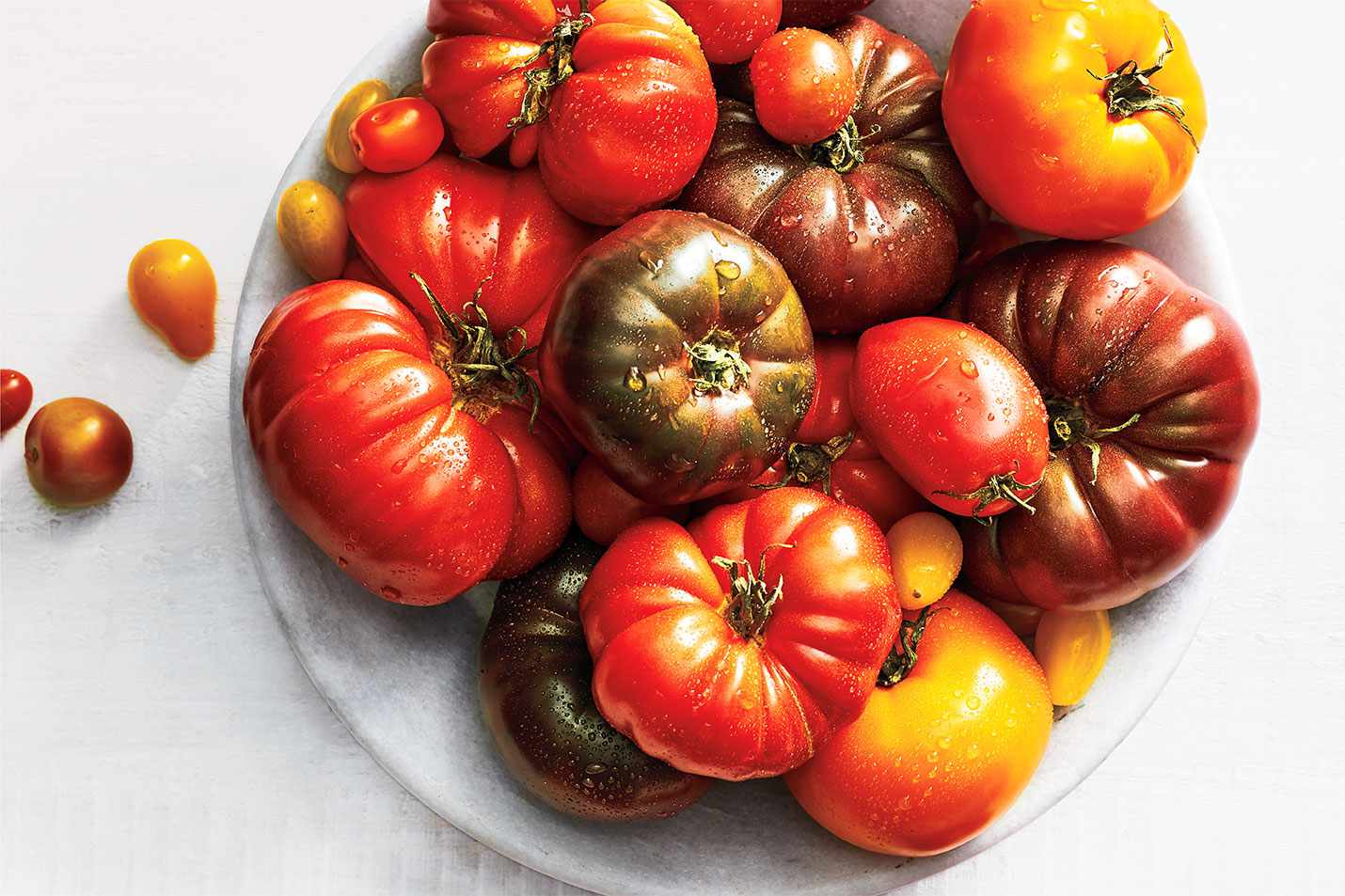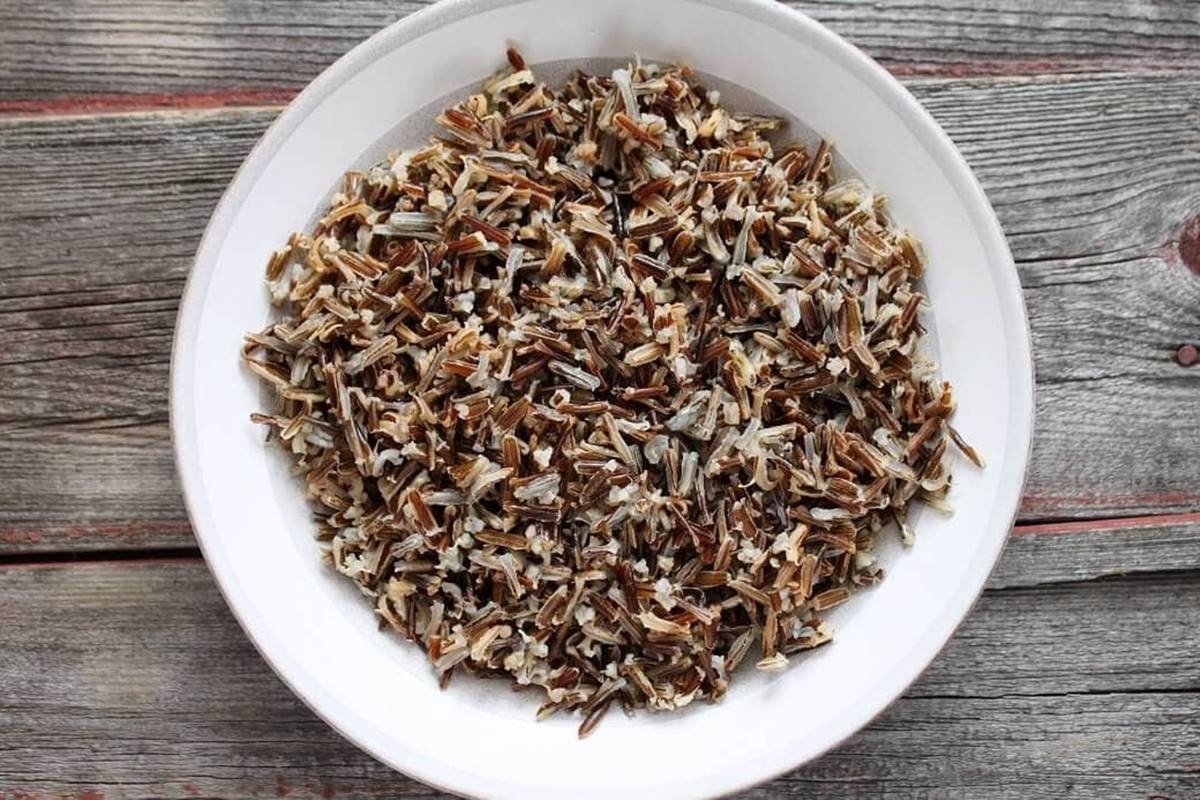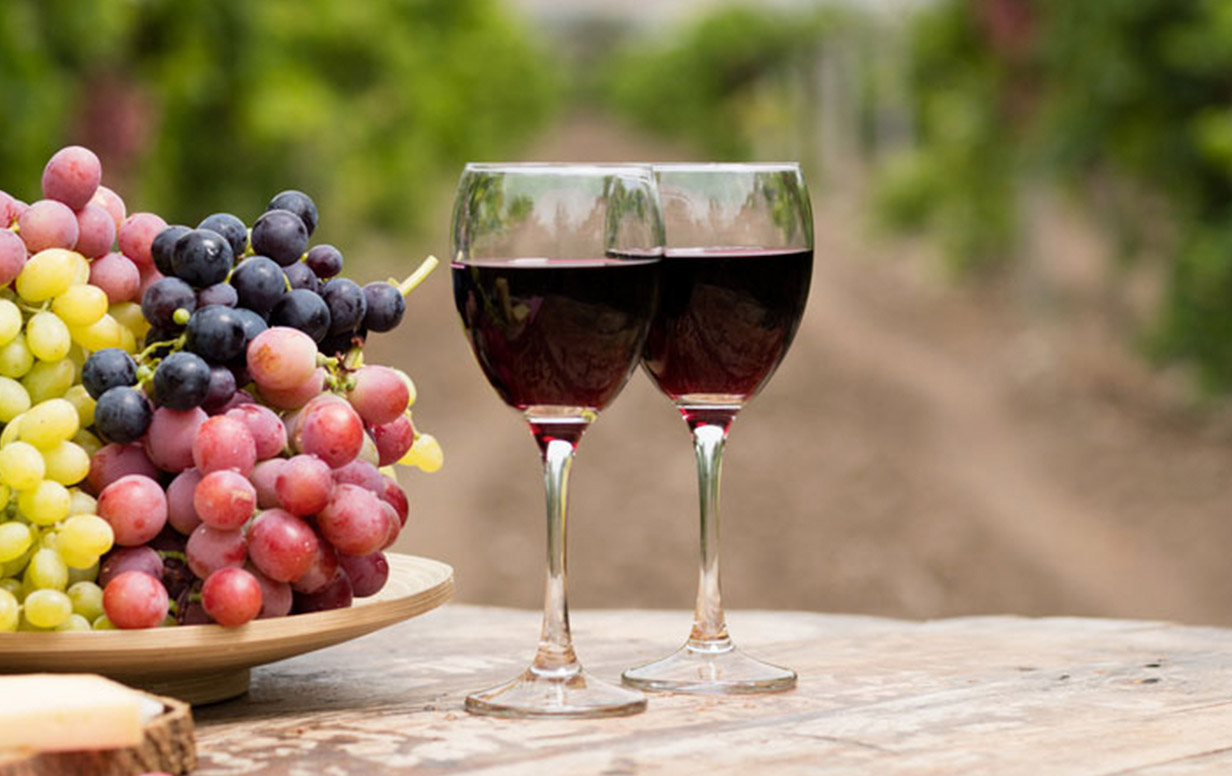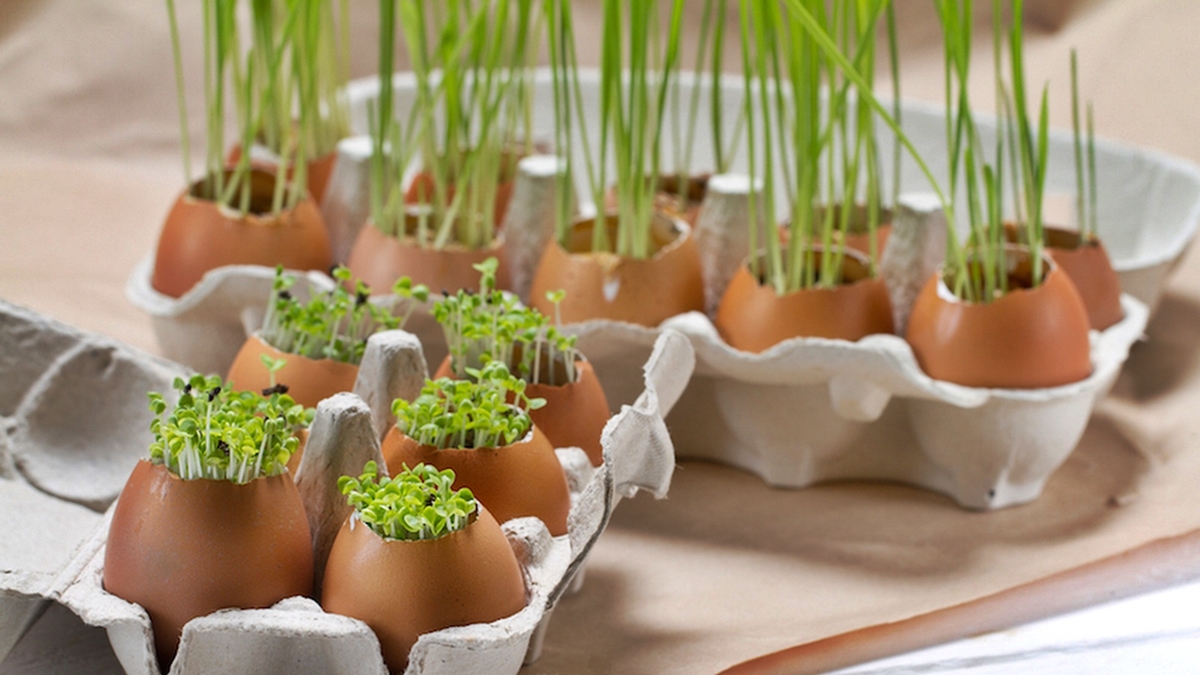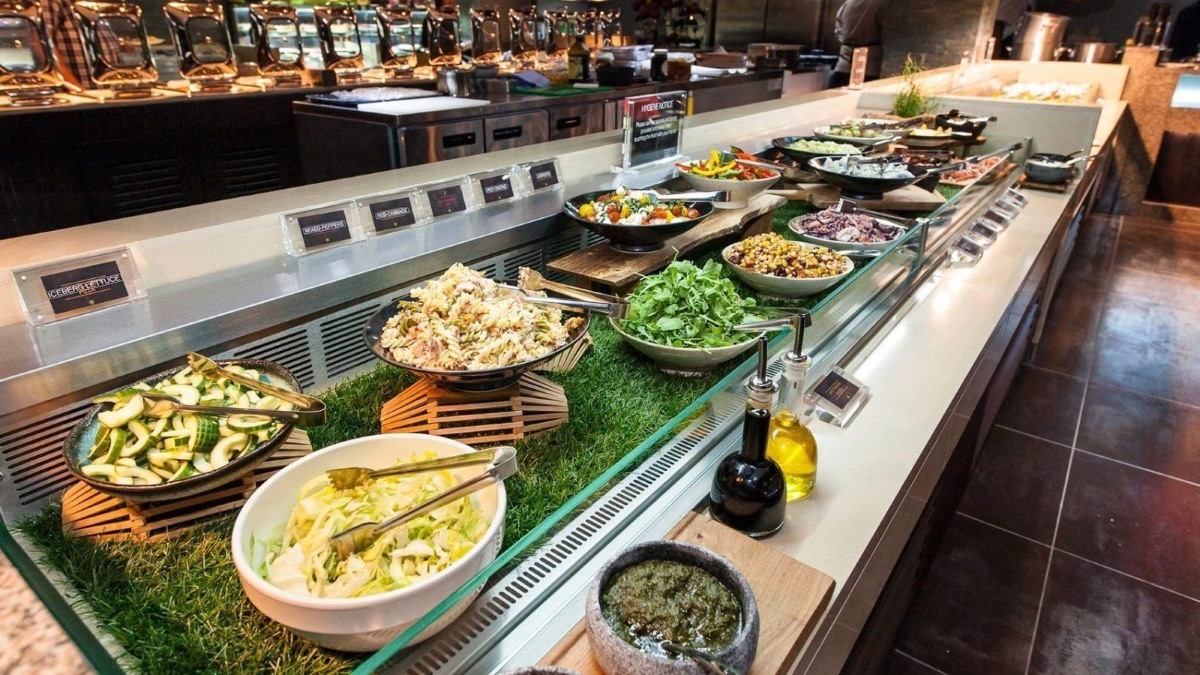Why Choose Organic Foods?
Organic foods have become increasingly popular in recent years, and for good reason. Choosing organic means opting for food that is grown and produced without the use of synthetic pesticides, fertilizers, or genetically modified organisms (GMOs). By choosing organic, you are not only supporting sustainable farming practices but also reducing your exposure to potentially harmful chemicals.
How to Identify Organic Foods
When shopping for organic foods, look for the USDA Organic label. This label ensures that the product meets the strict organic standards set by the United States Department of Agriculture. Additionally, you can look for the term “100% organic” on the label, which means the product contains only organic ingredients.
Shop at Farmers’ Markets
One of the best ways to access fresh, organic produce is by visiting your local farmers’ market. Here, you can find a wide variety of fruits, vegetables, and other organic products directly from local farmers. Not only does this support the local economy, but it also allows you to connect with the people who grow your food.
Grow Your Own
If you have the space and resources, consider starting your own organic garden. This allows you to have complete control over the growing process and ensures that your produce is free from harmful chemicals. Plus, there’s something incredibly satisfying about growing your own food!
Choose Organic Meat and Dairy
When it comes to meat and dairy products, opt for organic options whenever possible. Organic meat and dairy come from animals that are raised in humane conditions and are not given antibiotics or synthetic hormones. This means you are getting a higher quality and more sustainable product.
Benefits of Eating Organic
There are numerous benefits to eating organic foods. Not only are you reducing your exposure to pesticides and chemicals, but organic foods are also often higher in nutrients. Additionally, choosing organic supports environmentally friendly farming practices, which helps to protect our planet for future generations.
Conclusion
Choosing to eat organically is a great way to support your health and the environment. By making small changes to your shopping habits and food choices, you can make a positive impact on both your own well-being and the planet. Whether it’s shopping at farmers’ markets, growing your own produce, or opting for organic meat and dairy, there are plenty of ways to incorporate organic foods into your diet.
